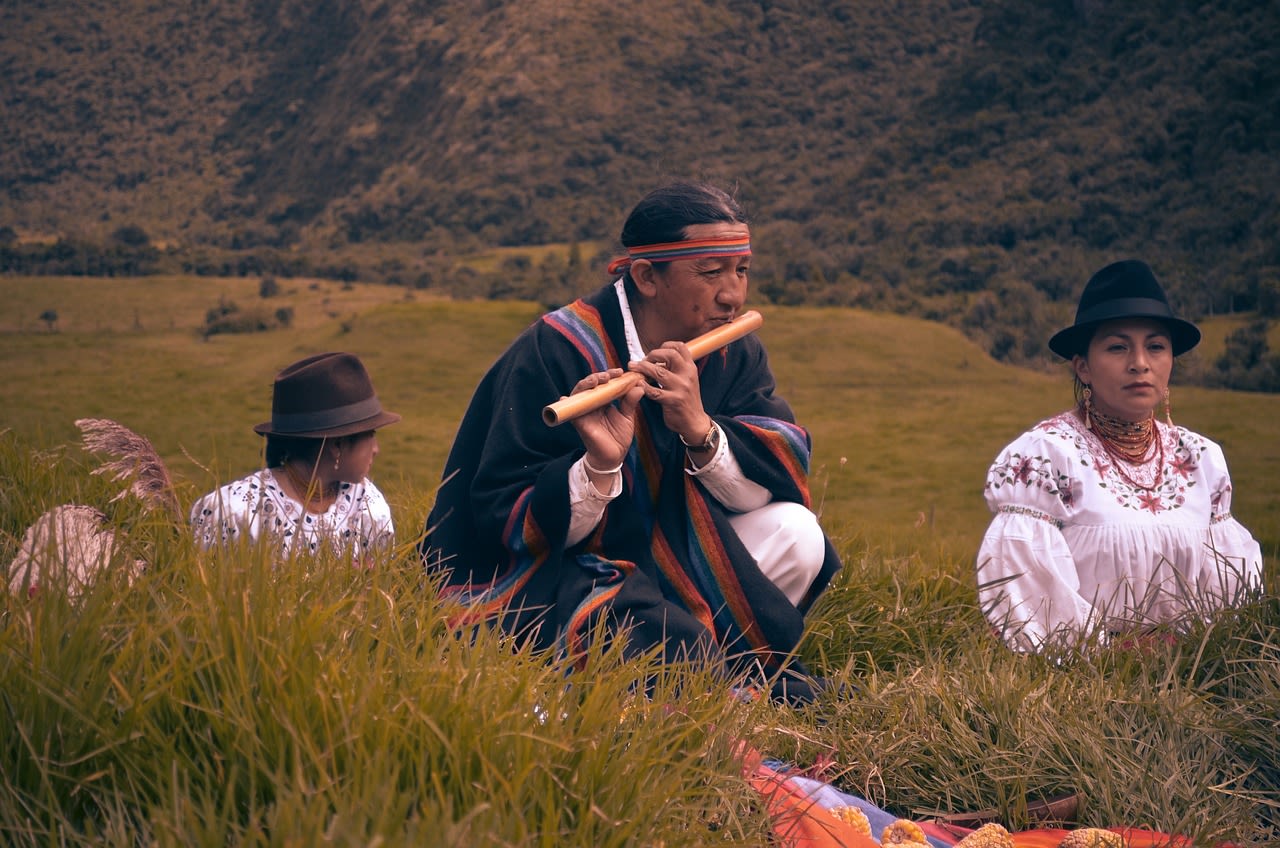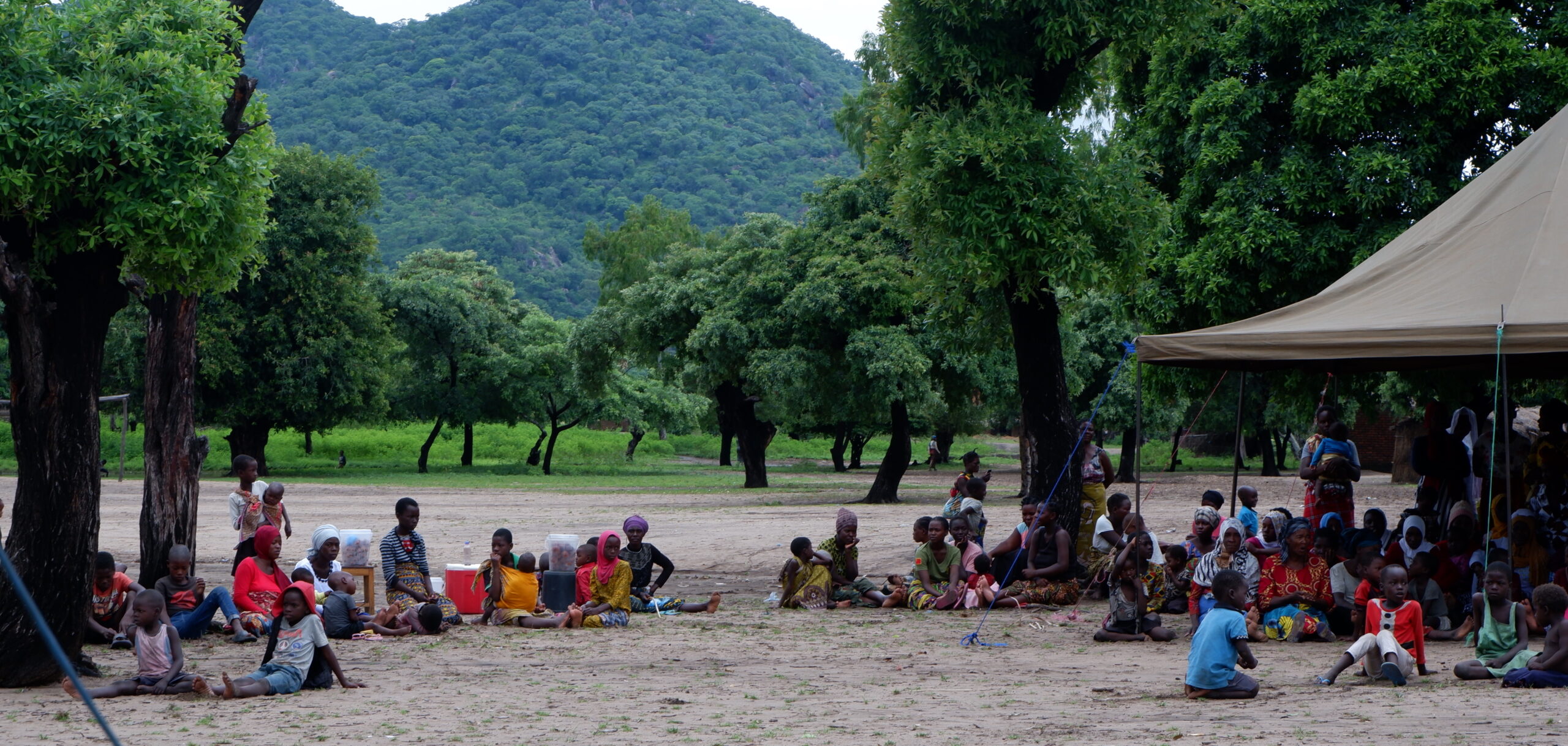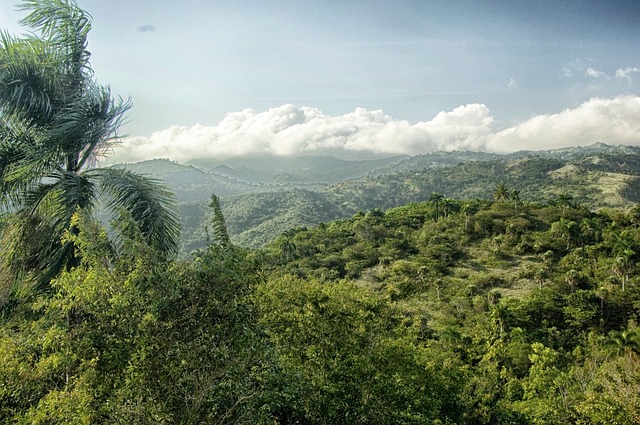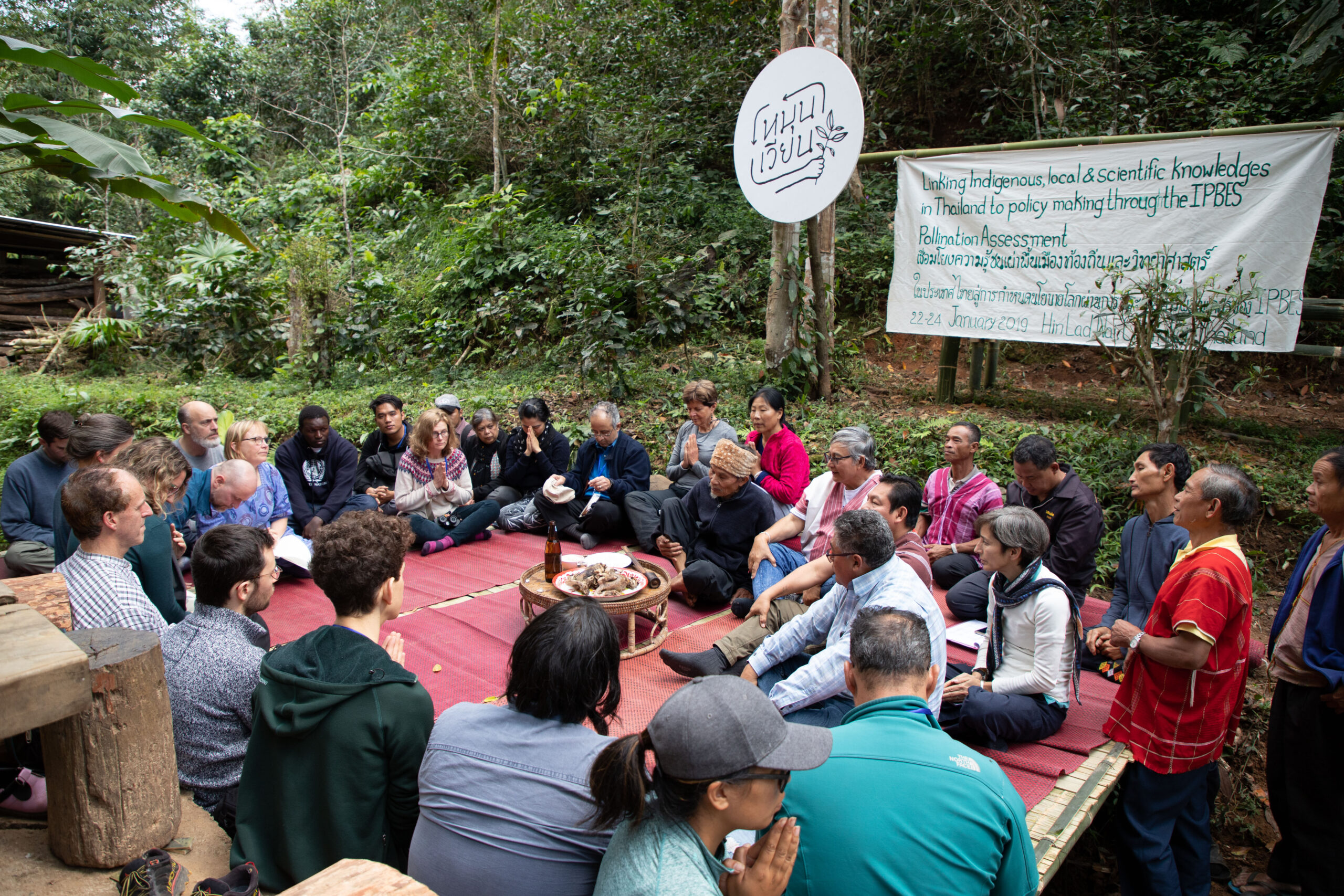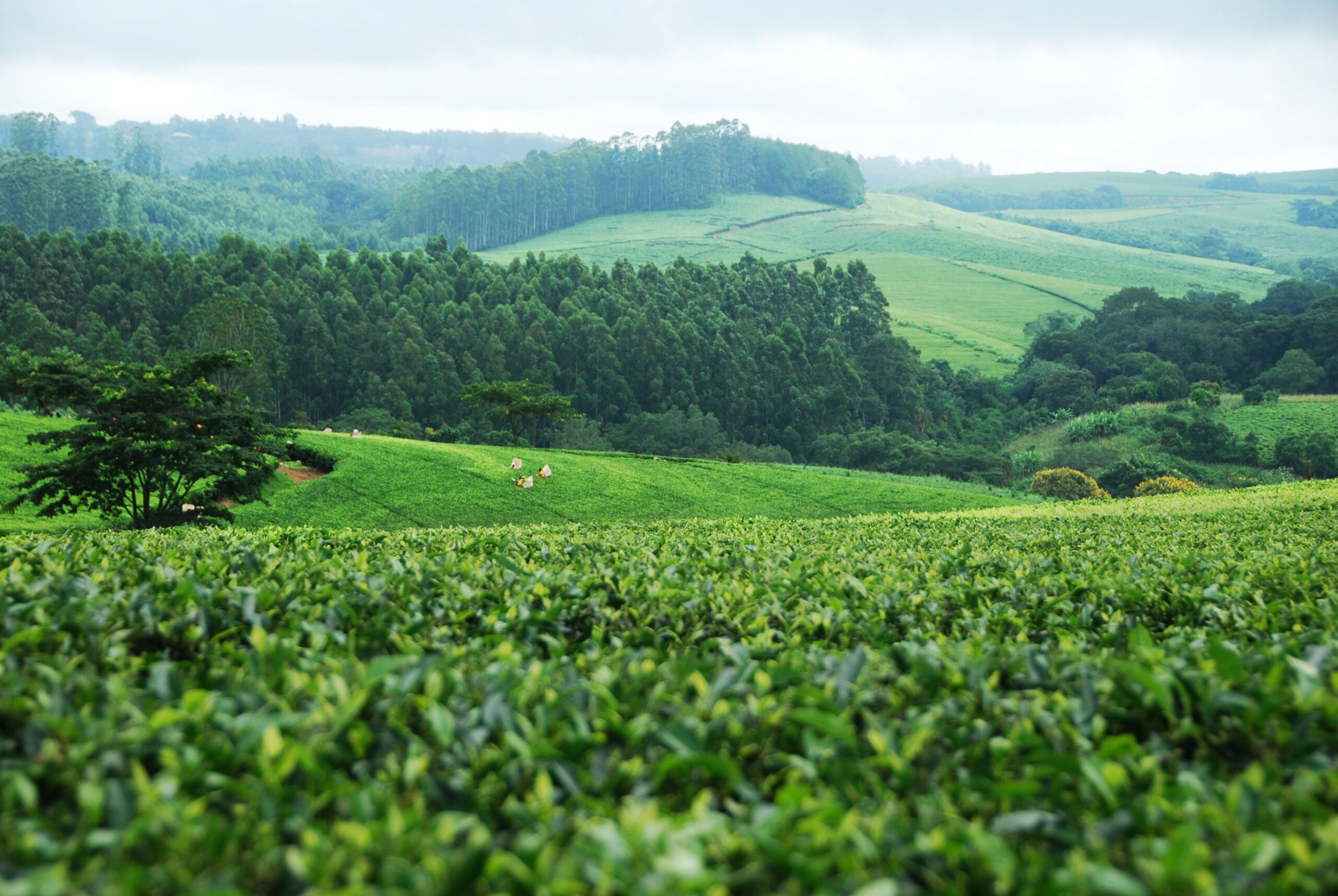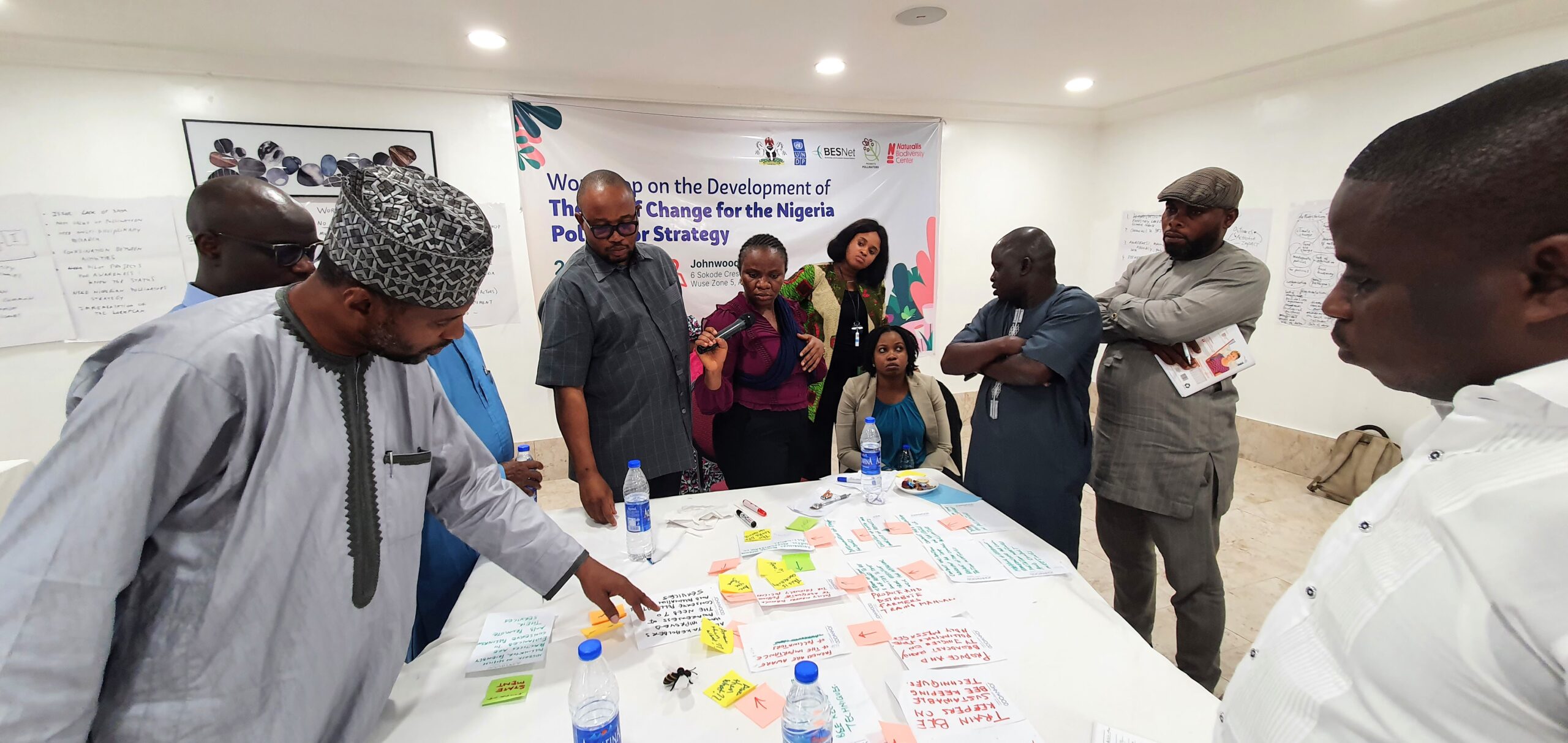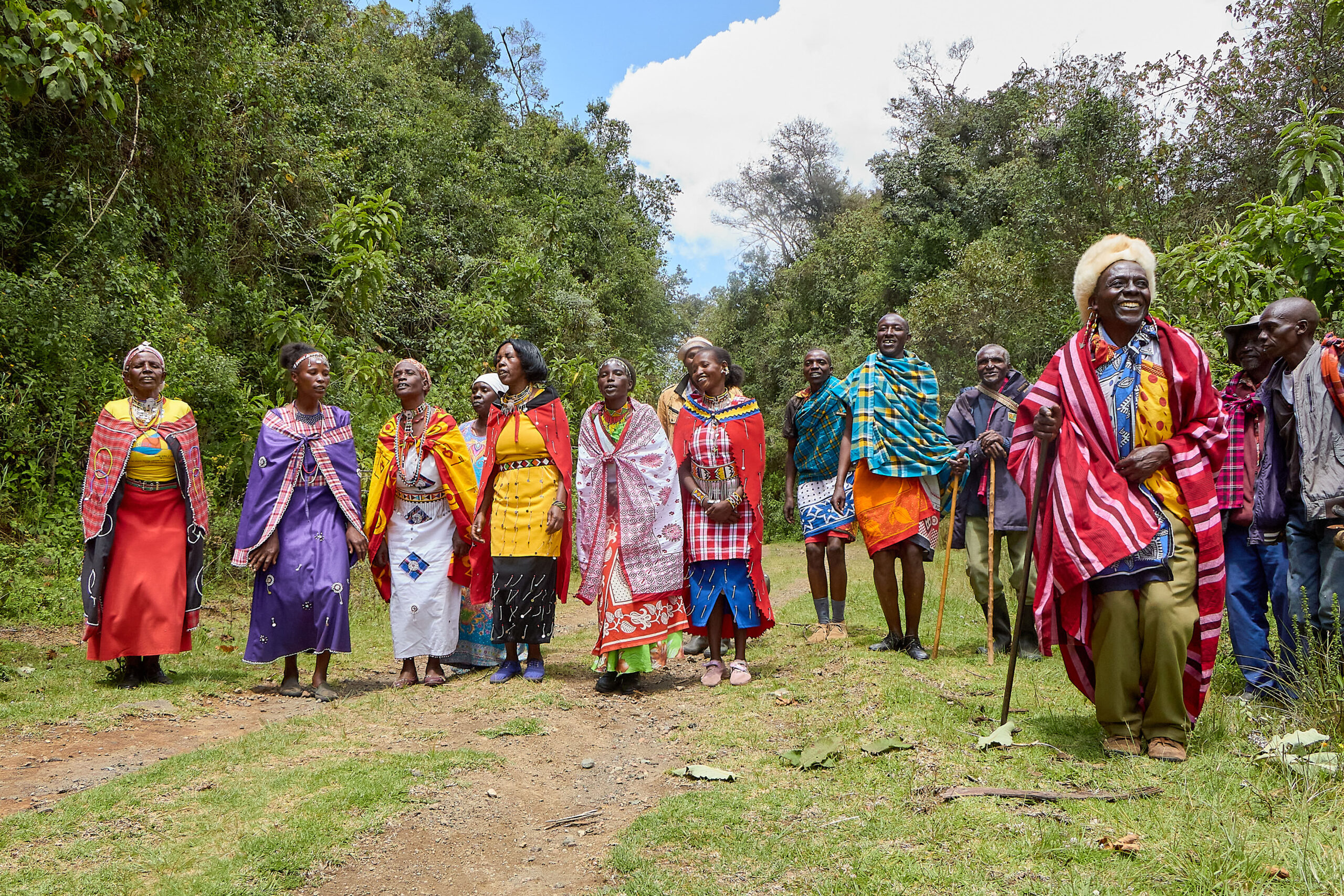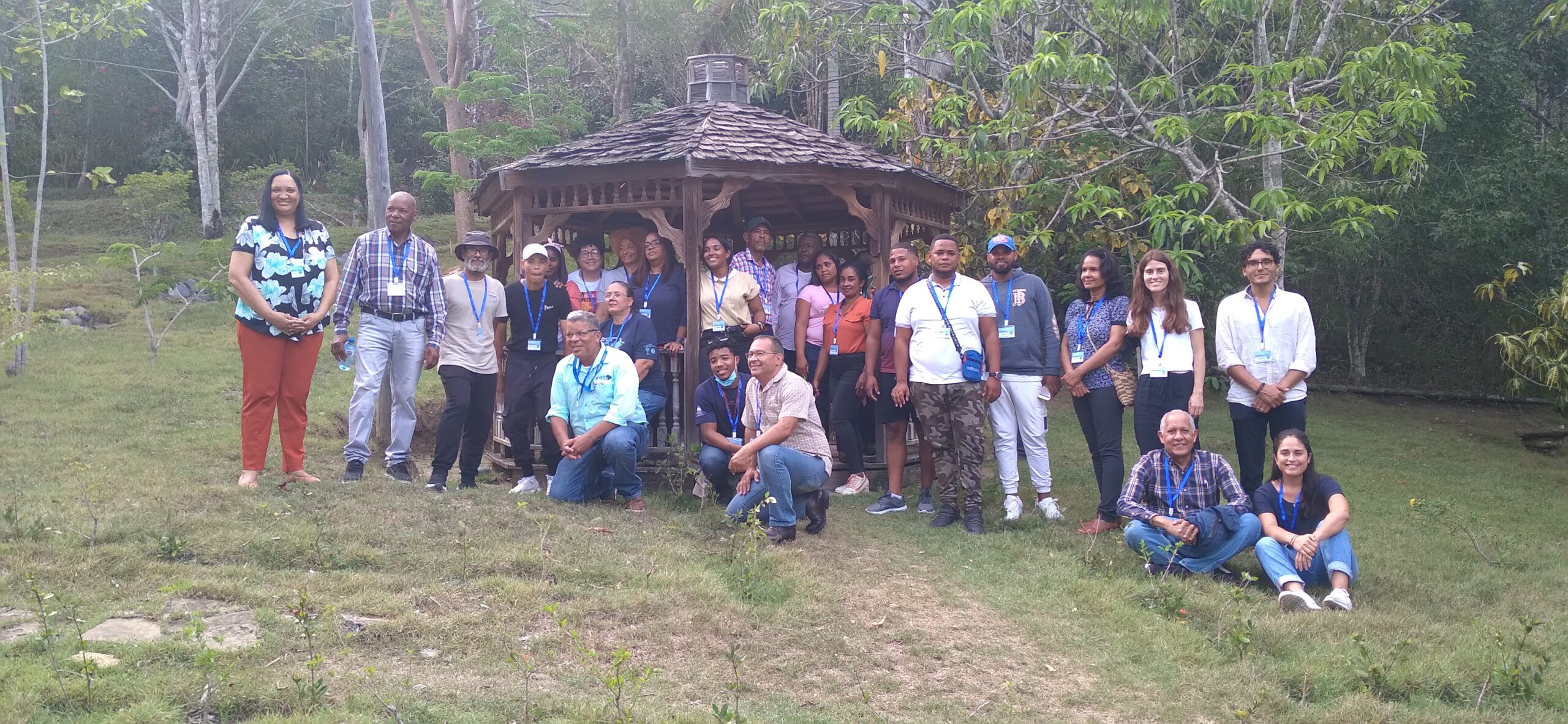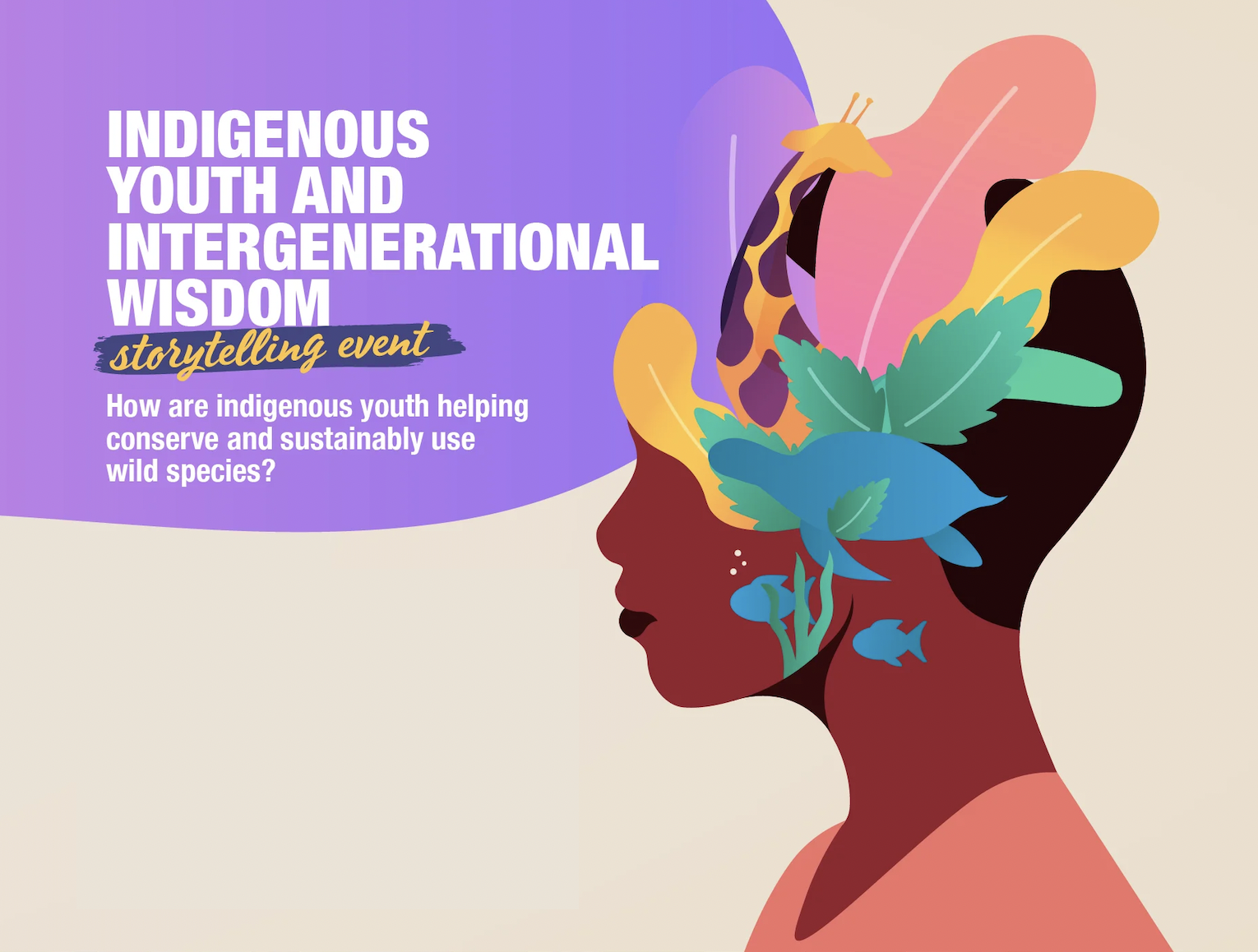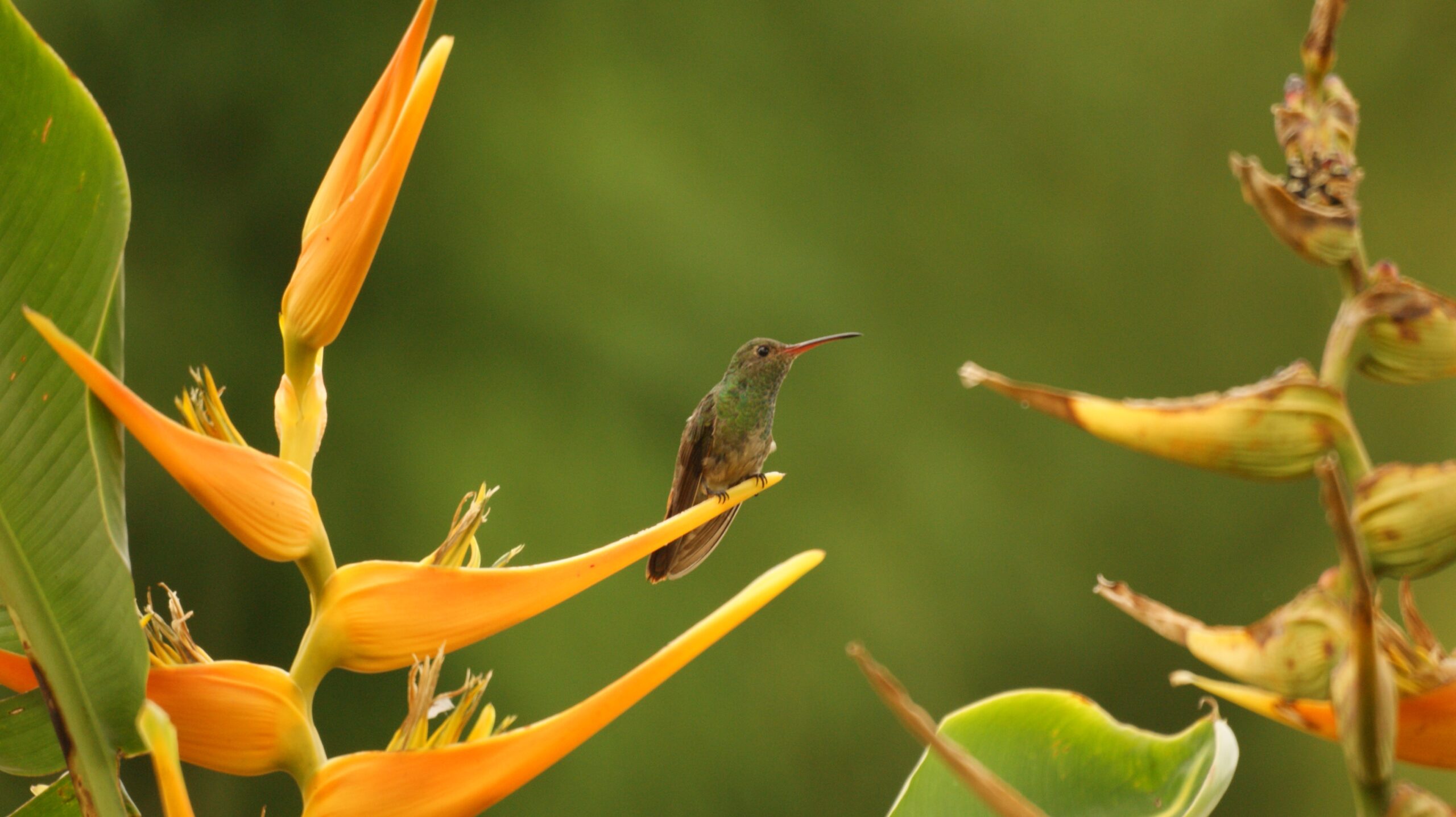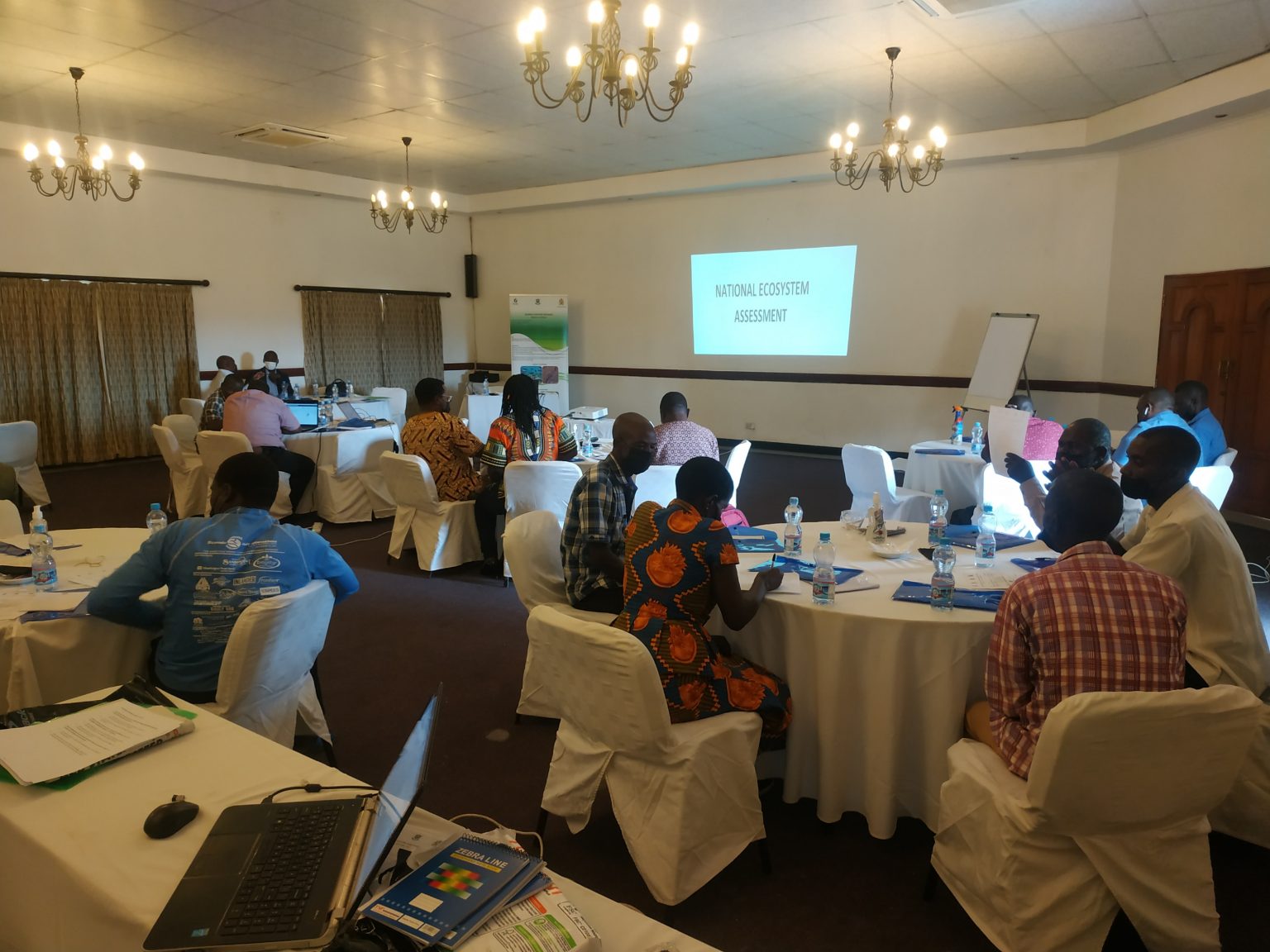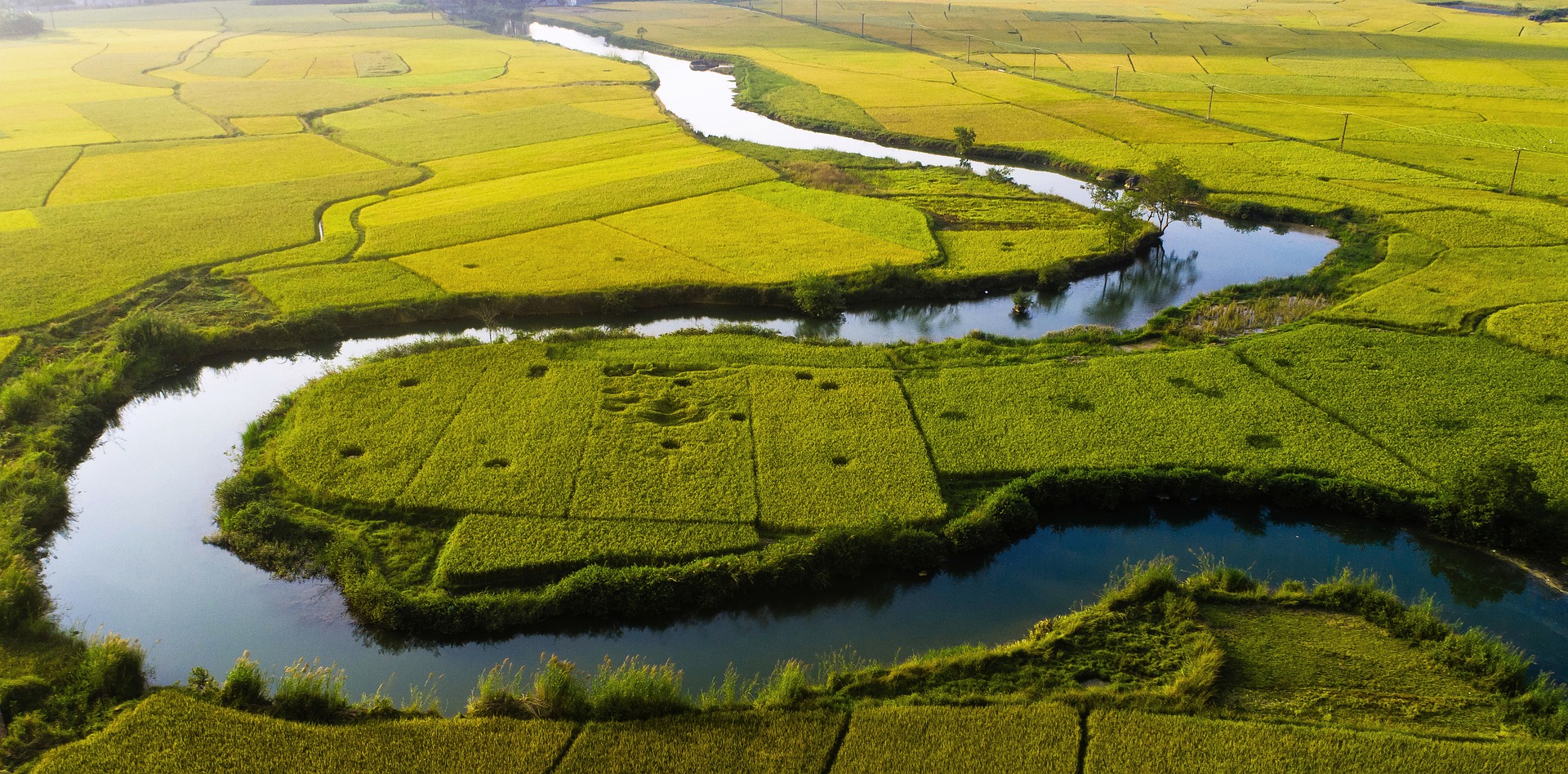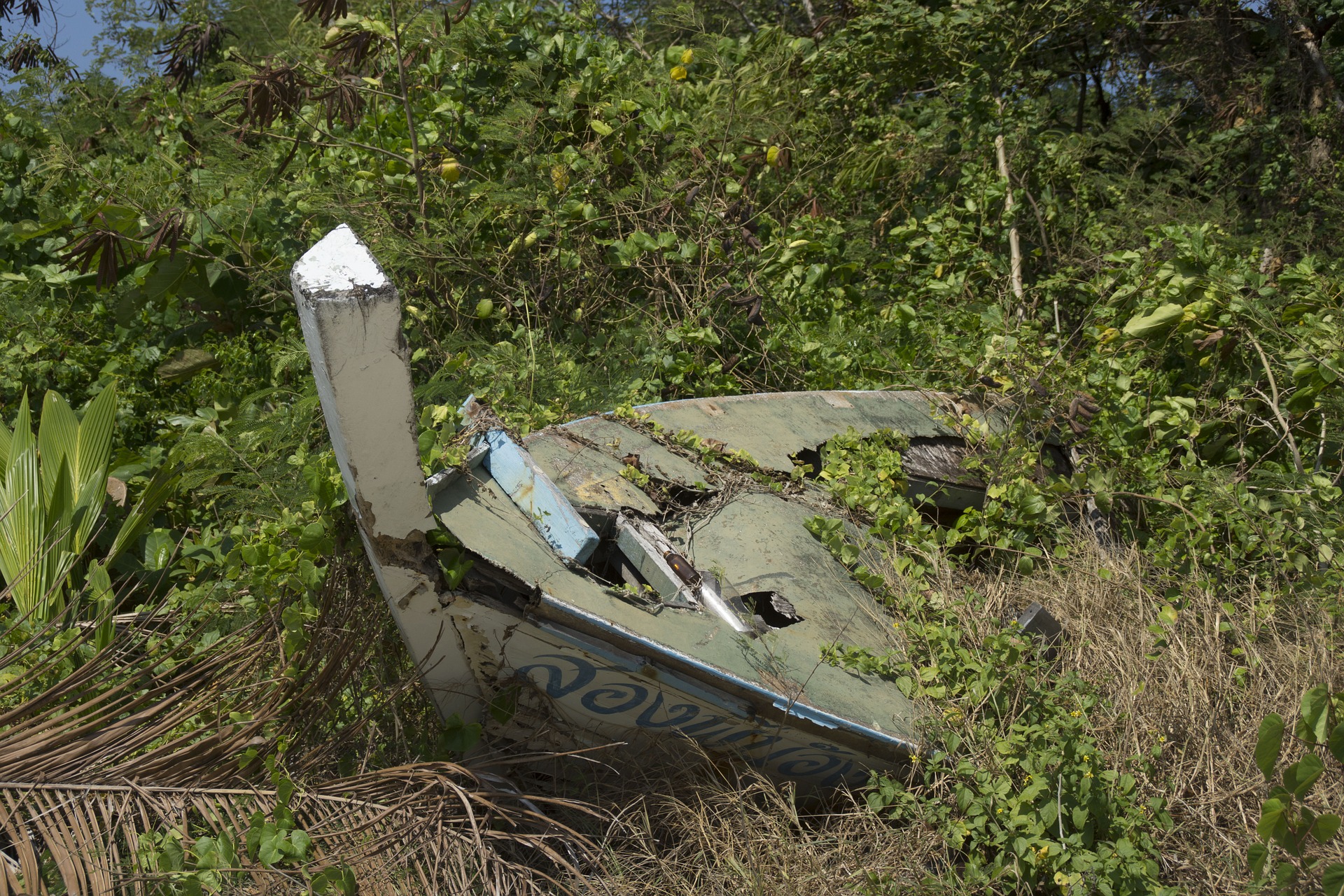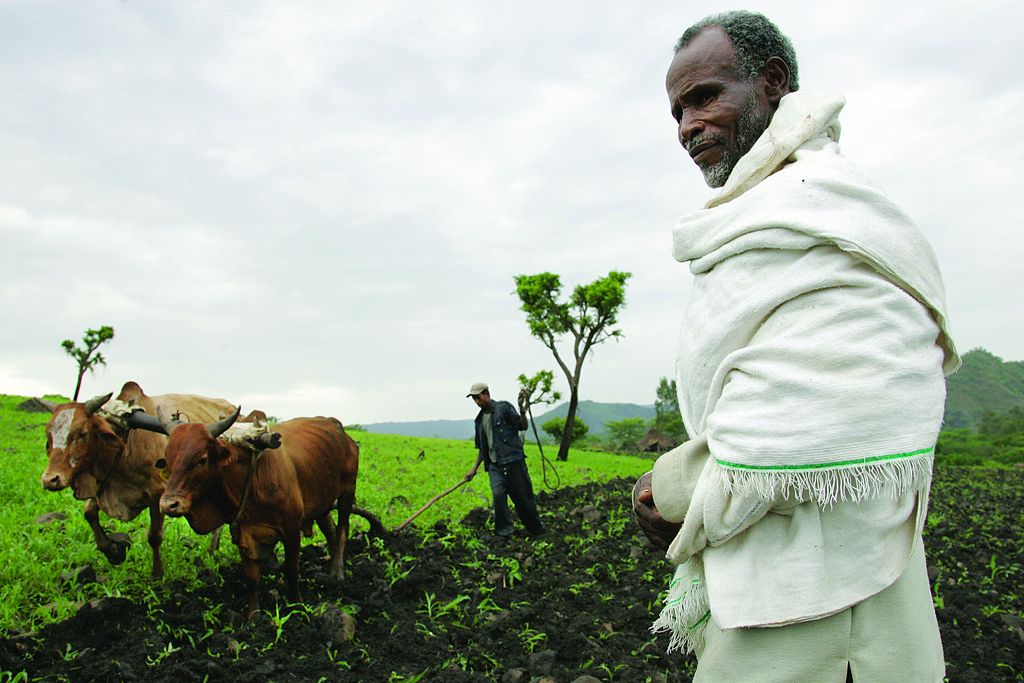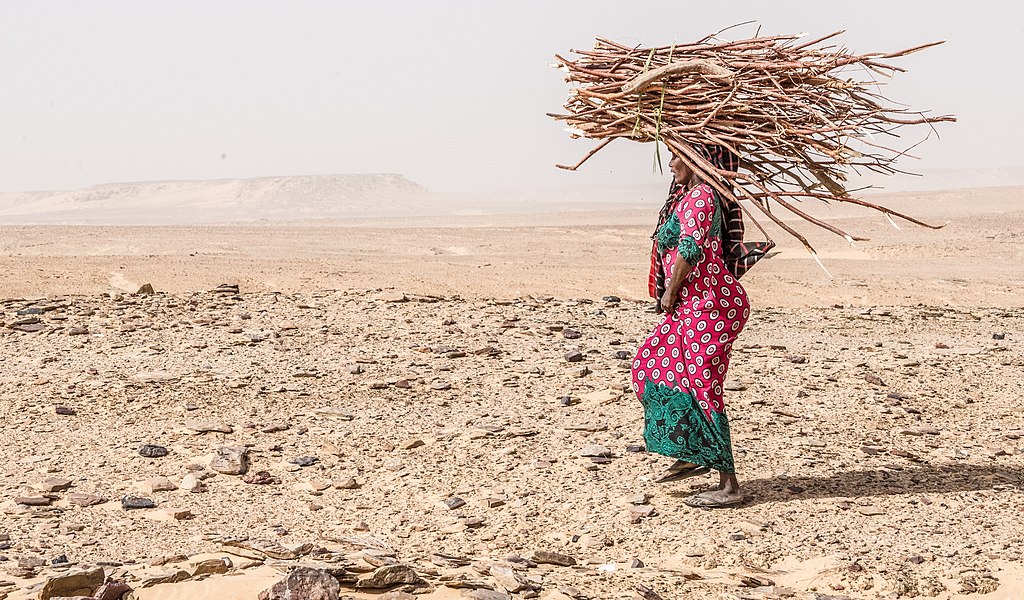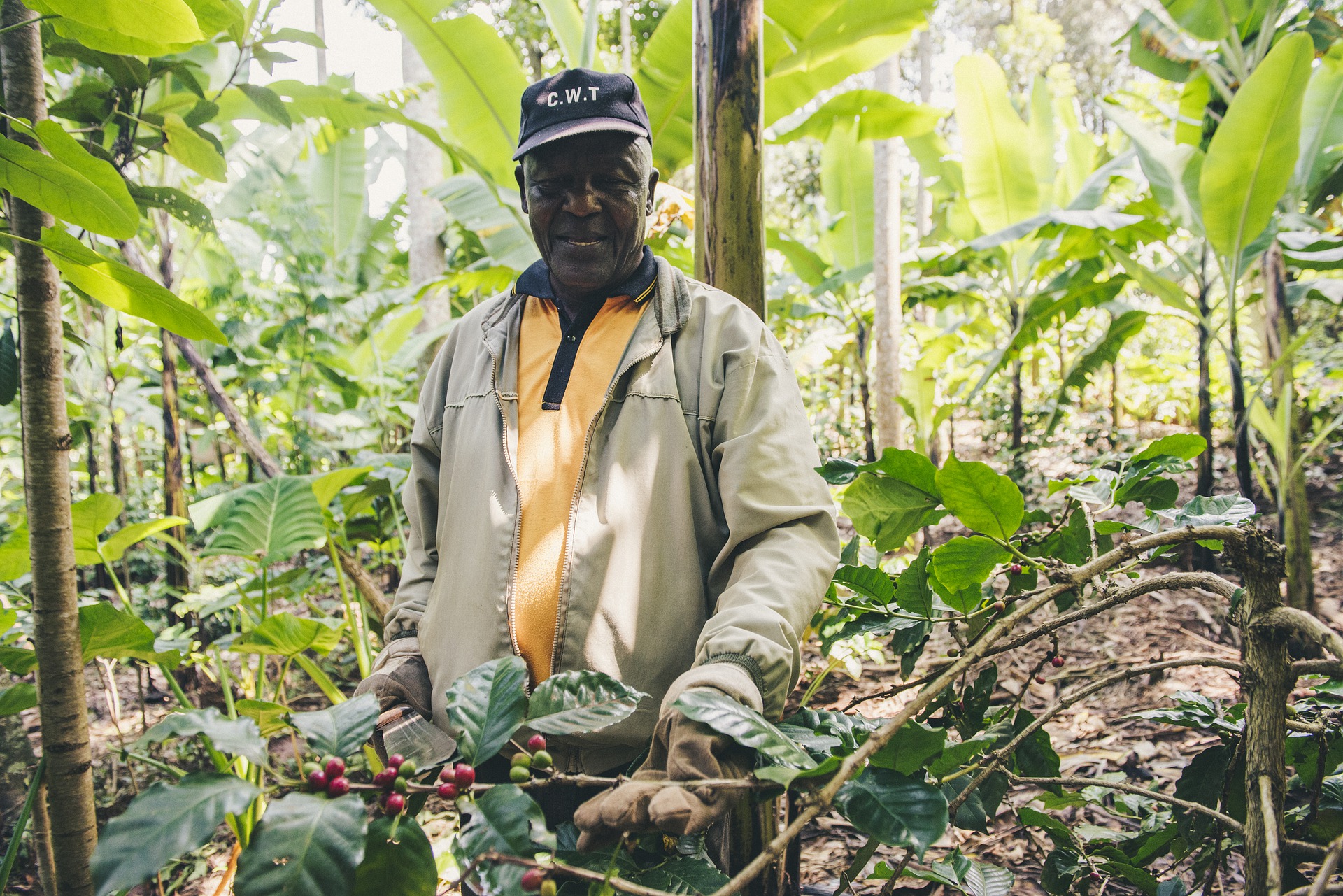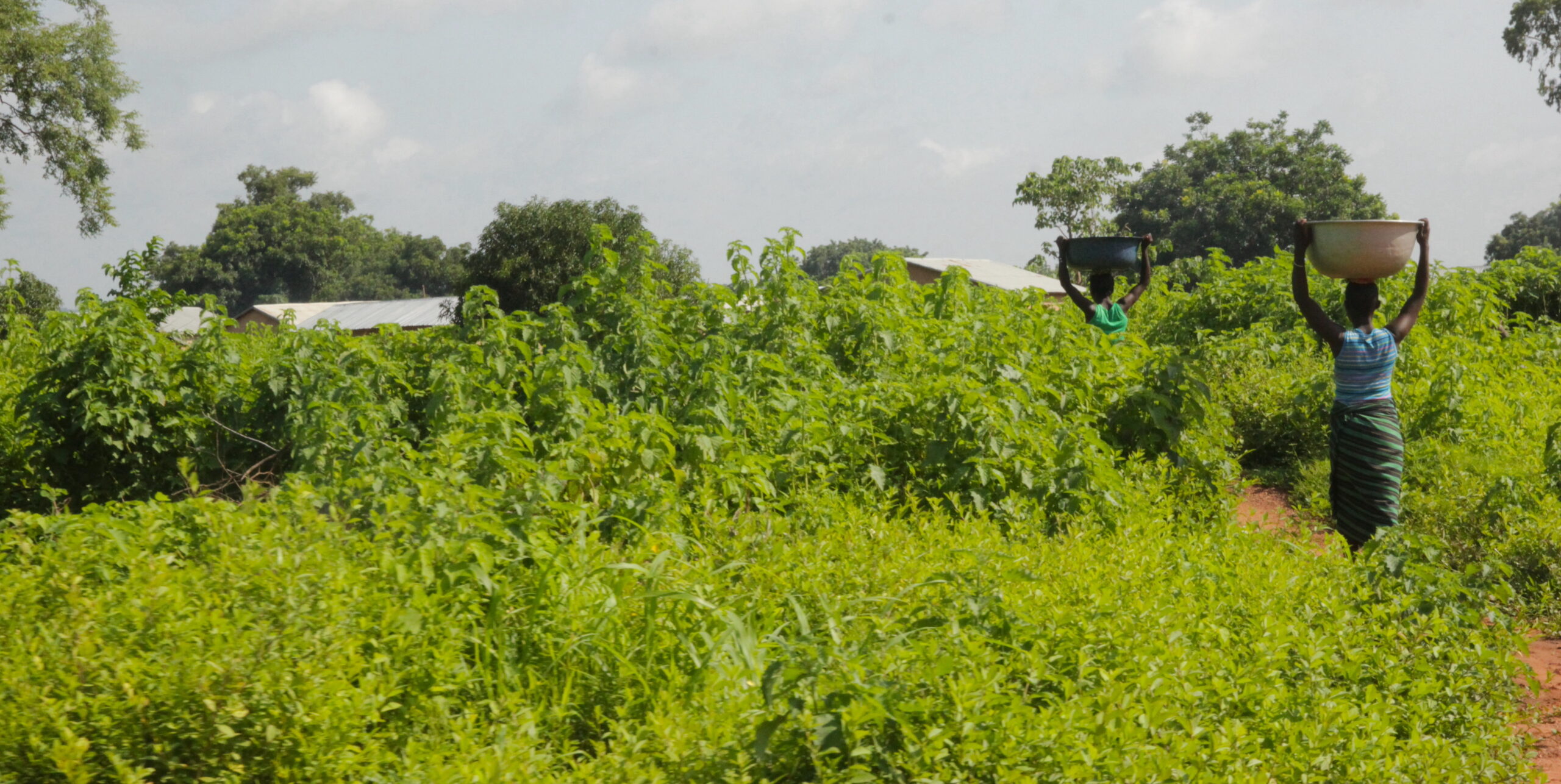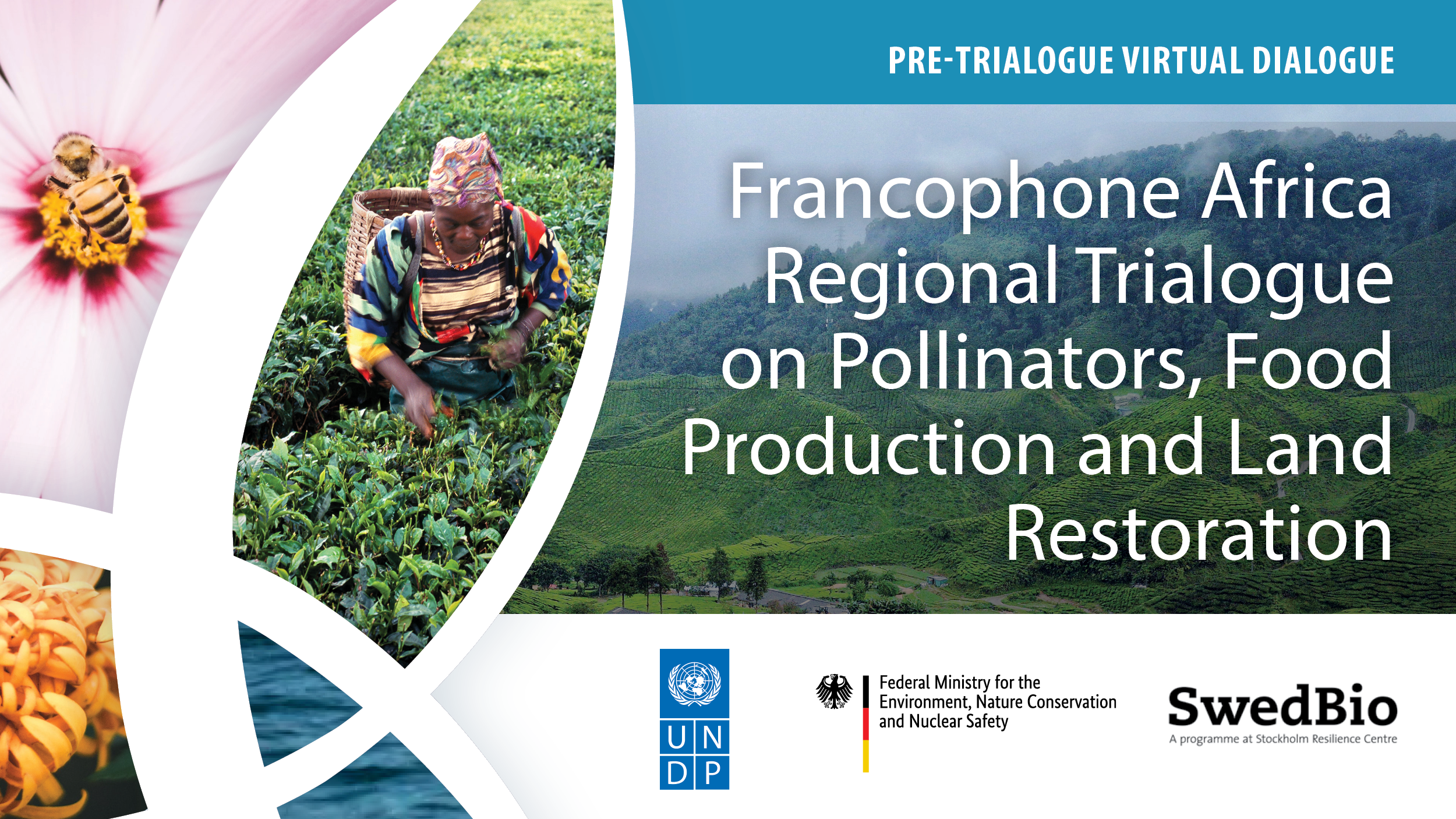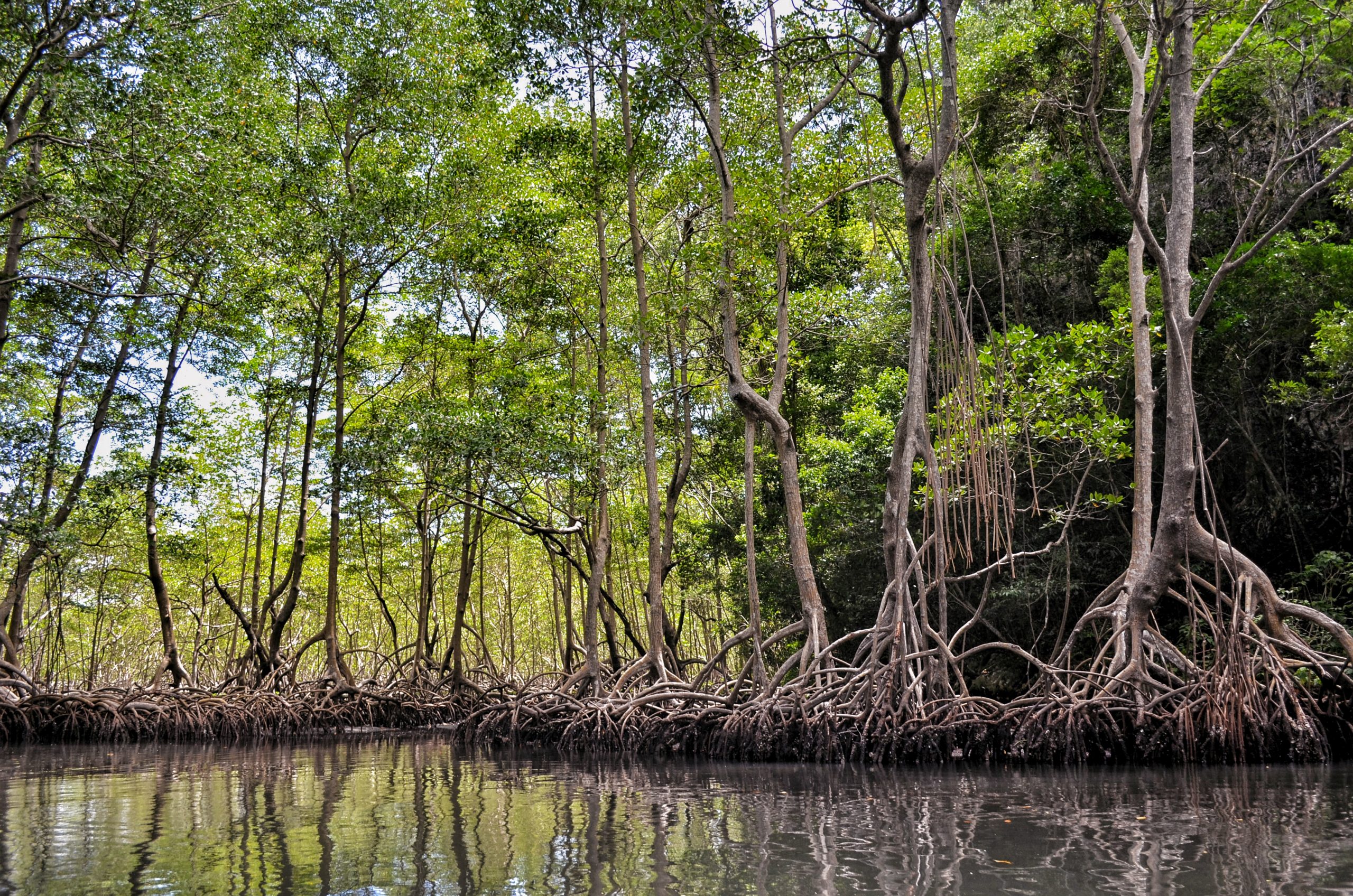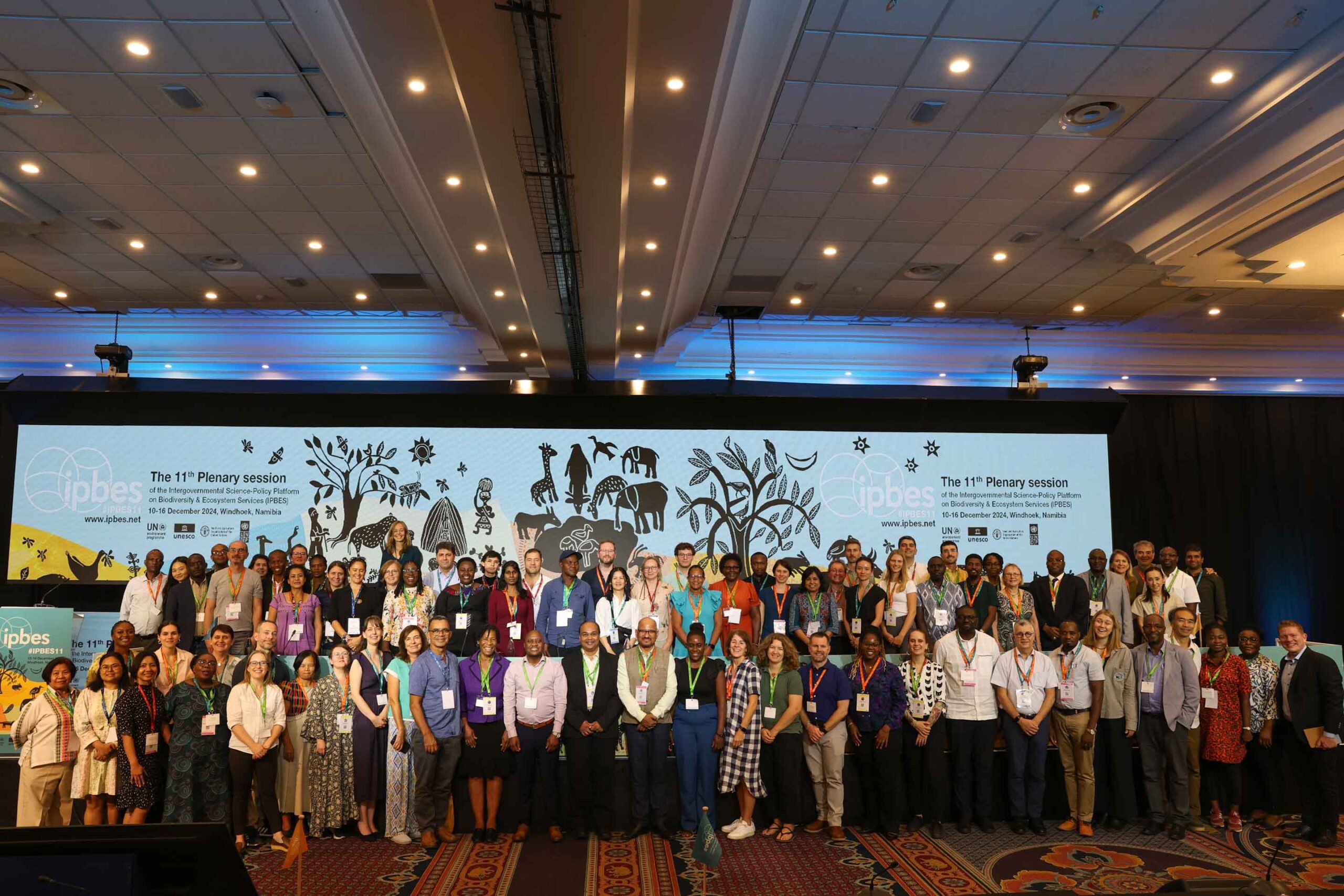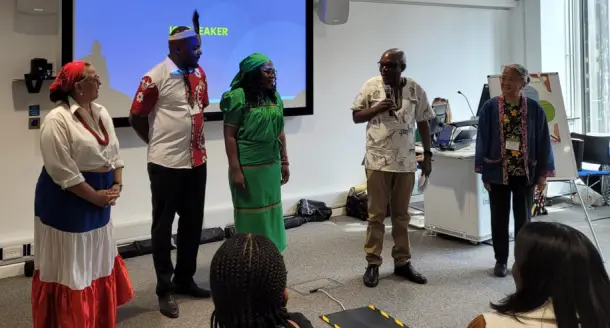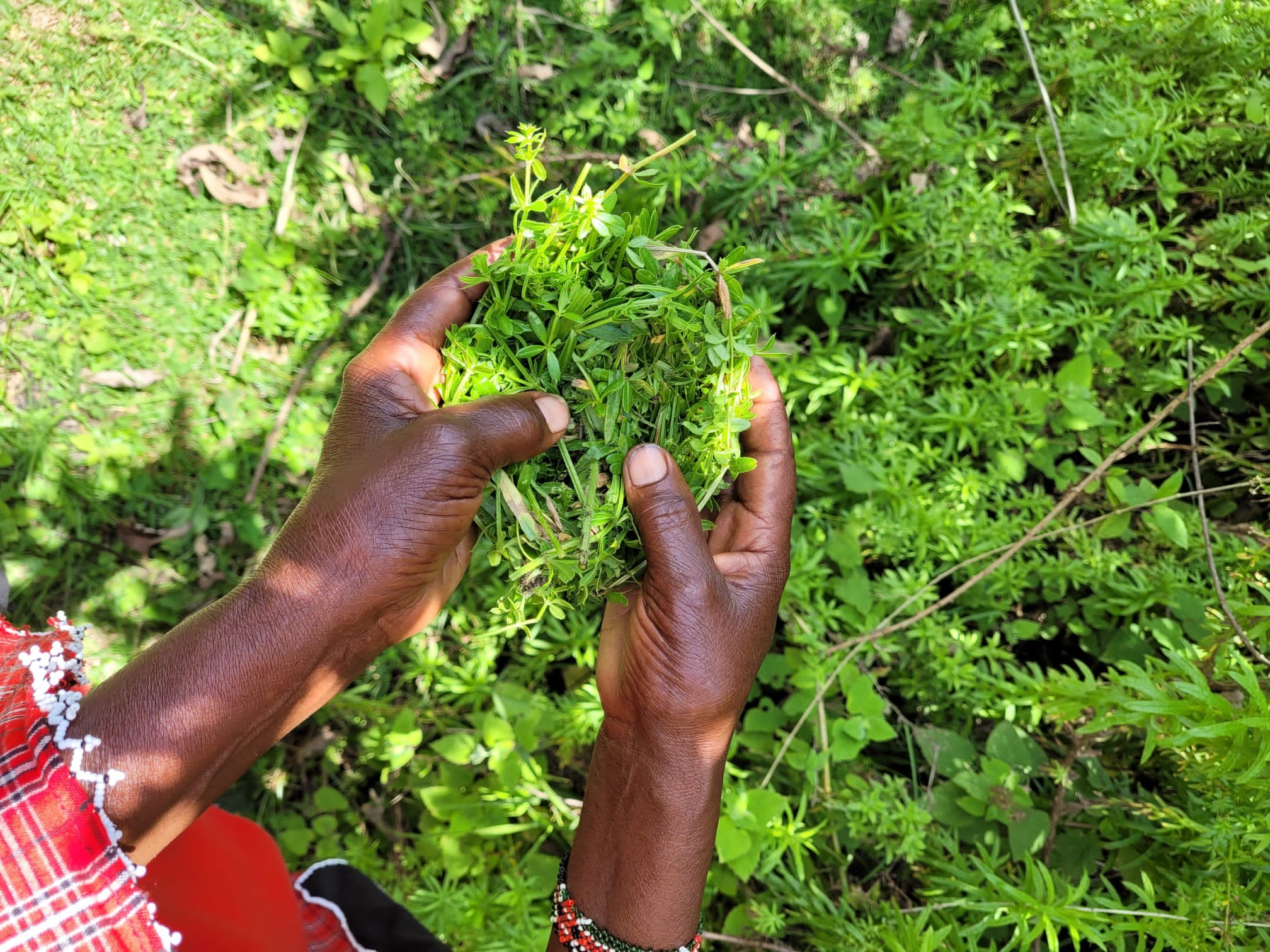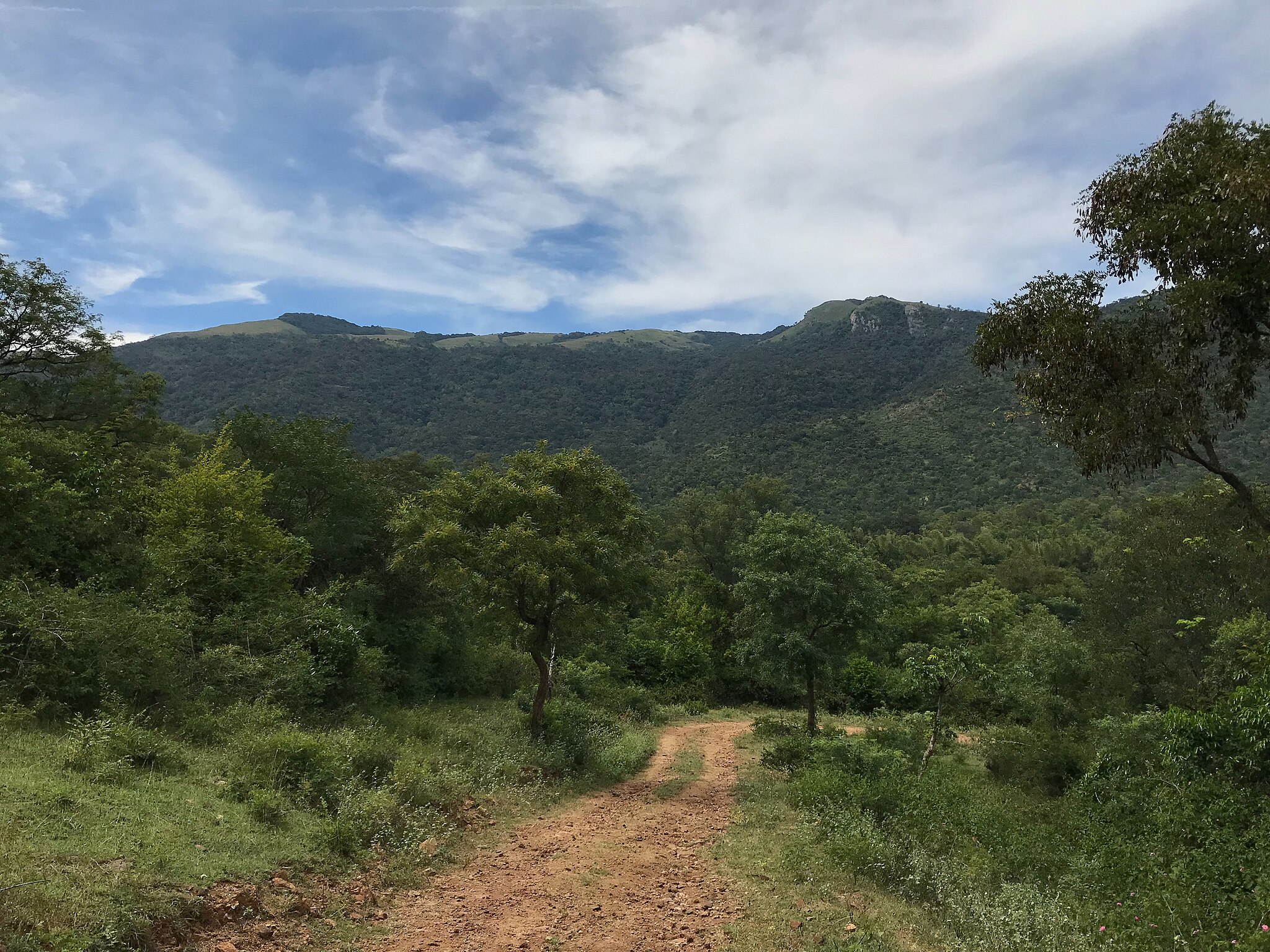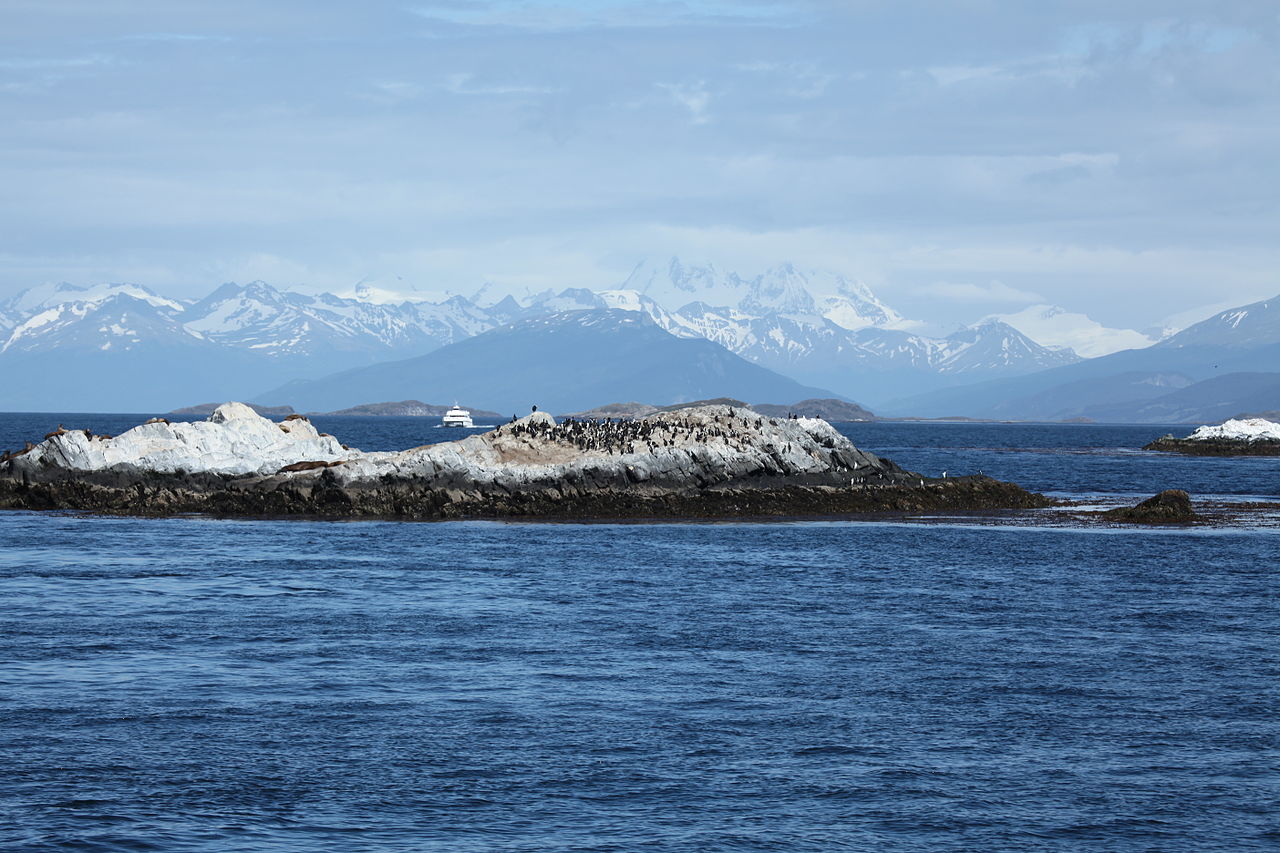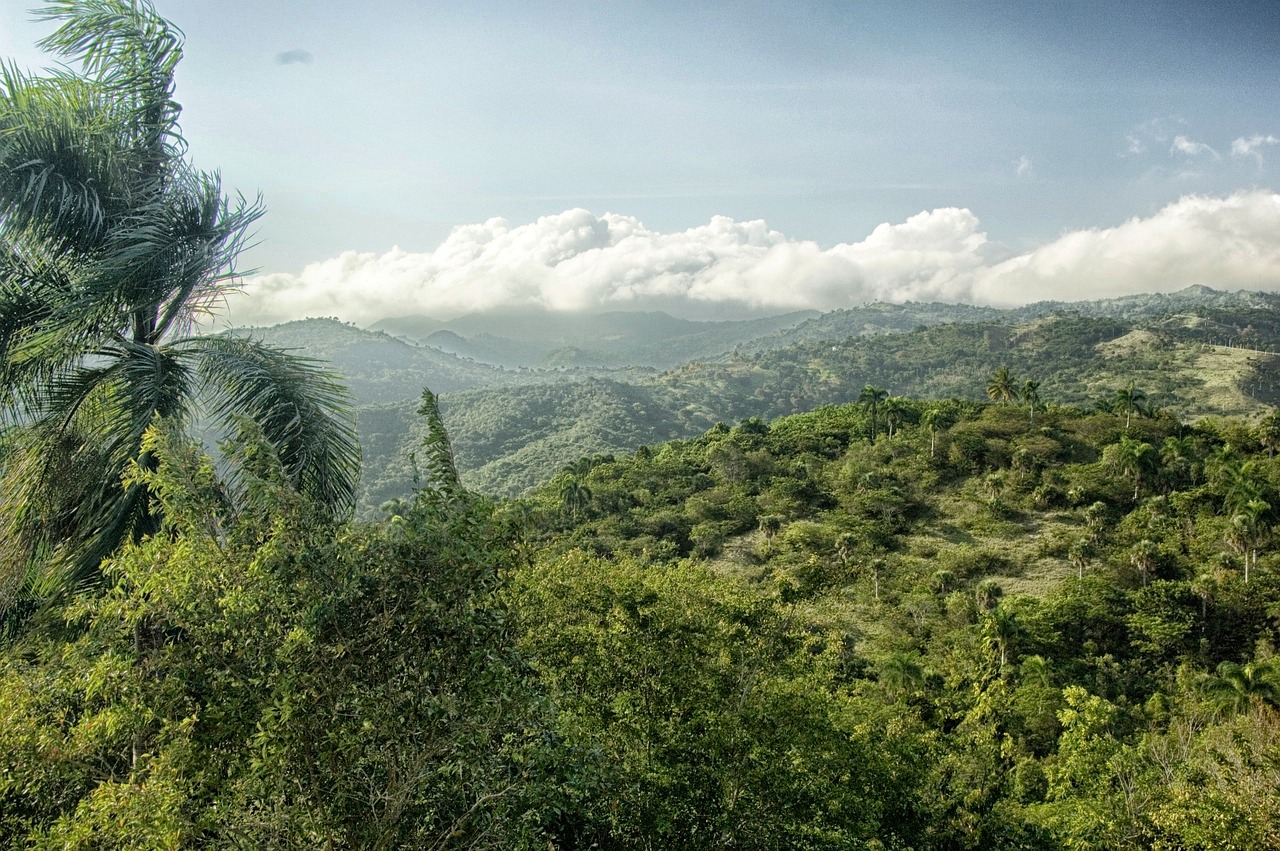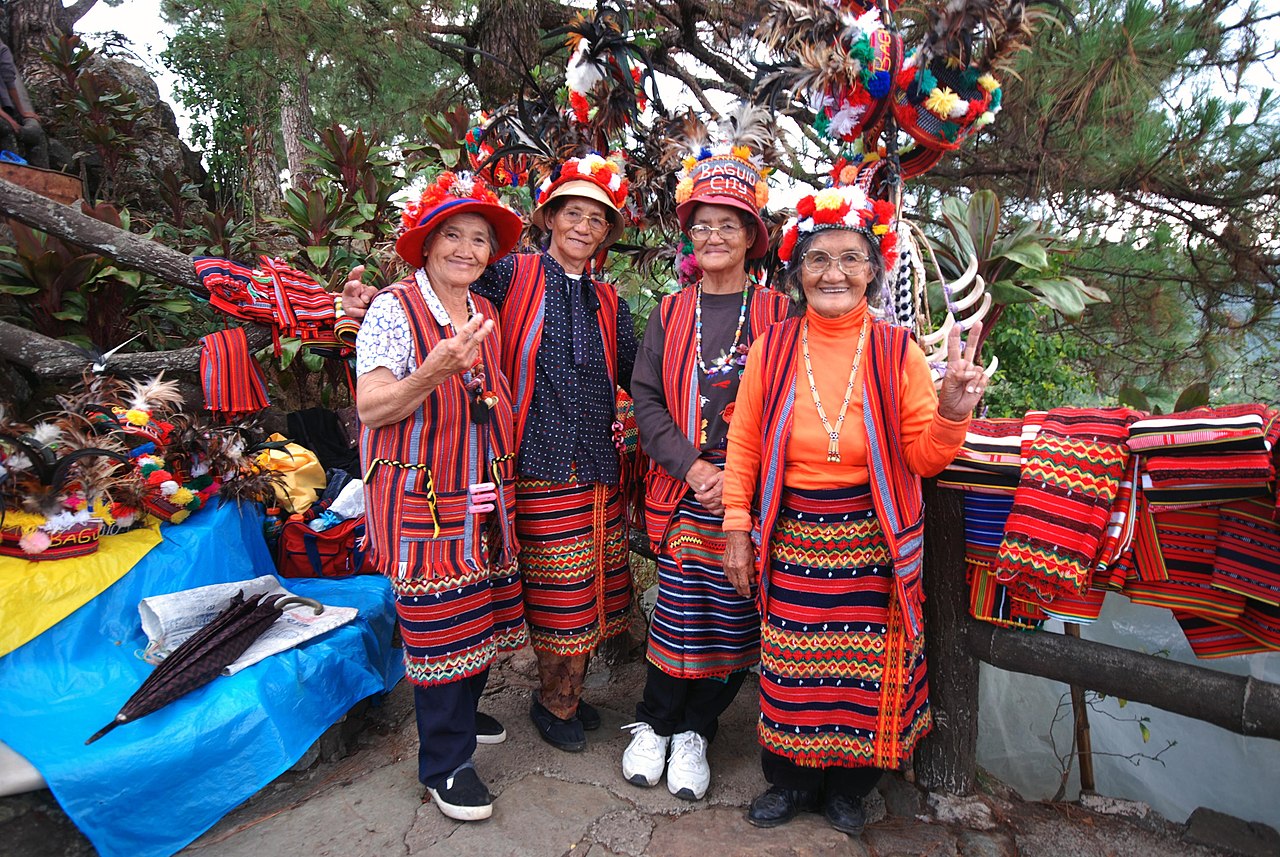Expert Corner: Carolin Fraude on Cultivating Inner Transformation for Sustainable Futures
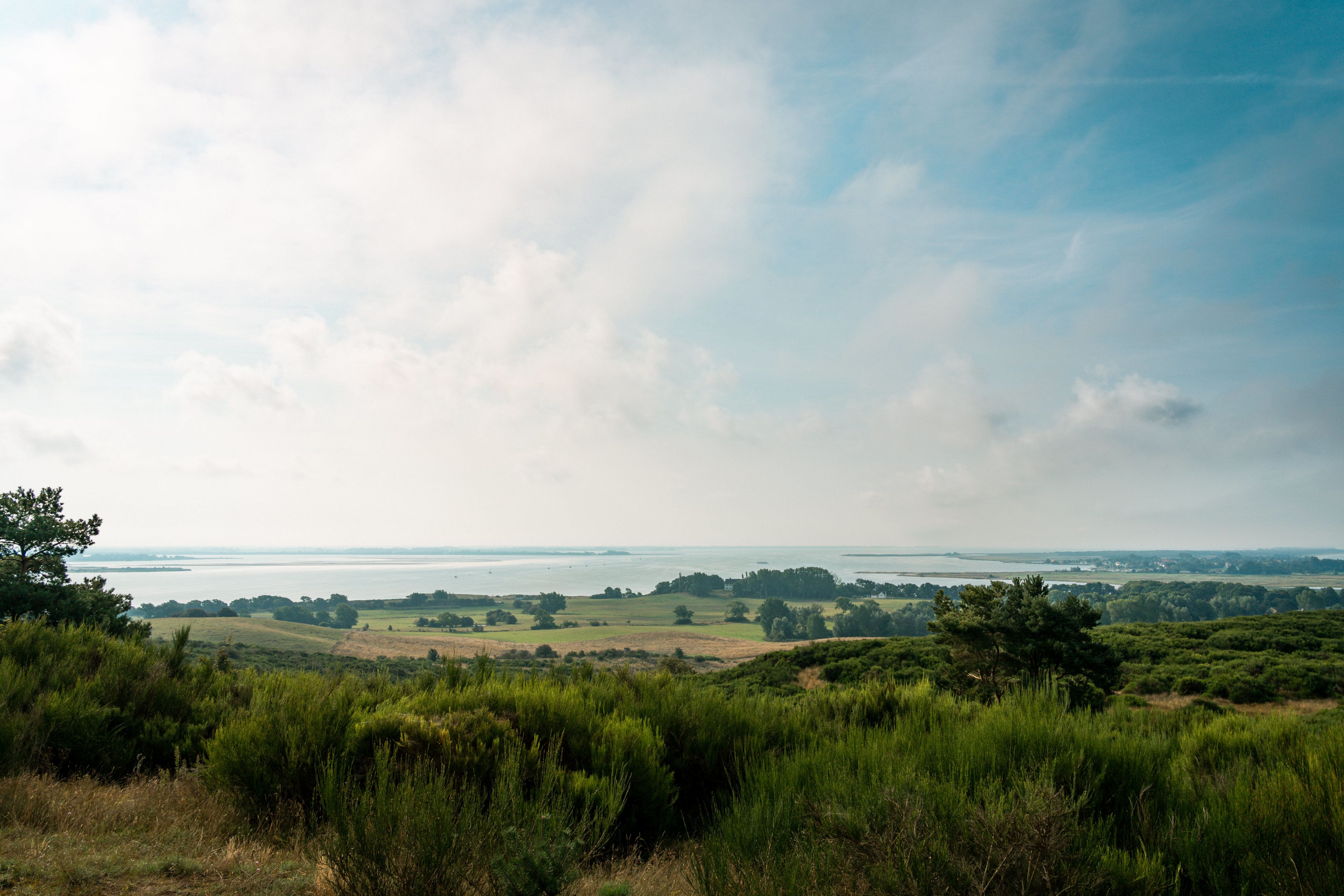
Photo by Philipp Deus on Pexels
Photo by Philipp Deus on Pexels
A conversation with Carolin Fraude on how cultivating inner attitudes, such as awareness and compassion, can help make the transition to a sustainable society a reality.
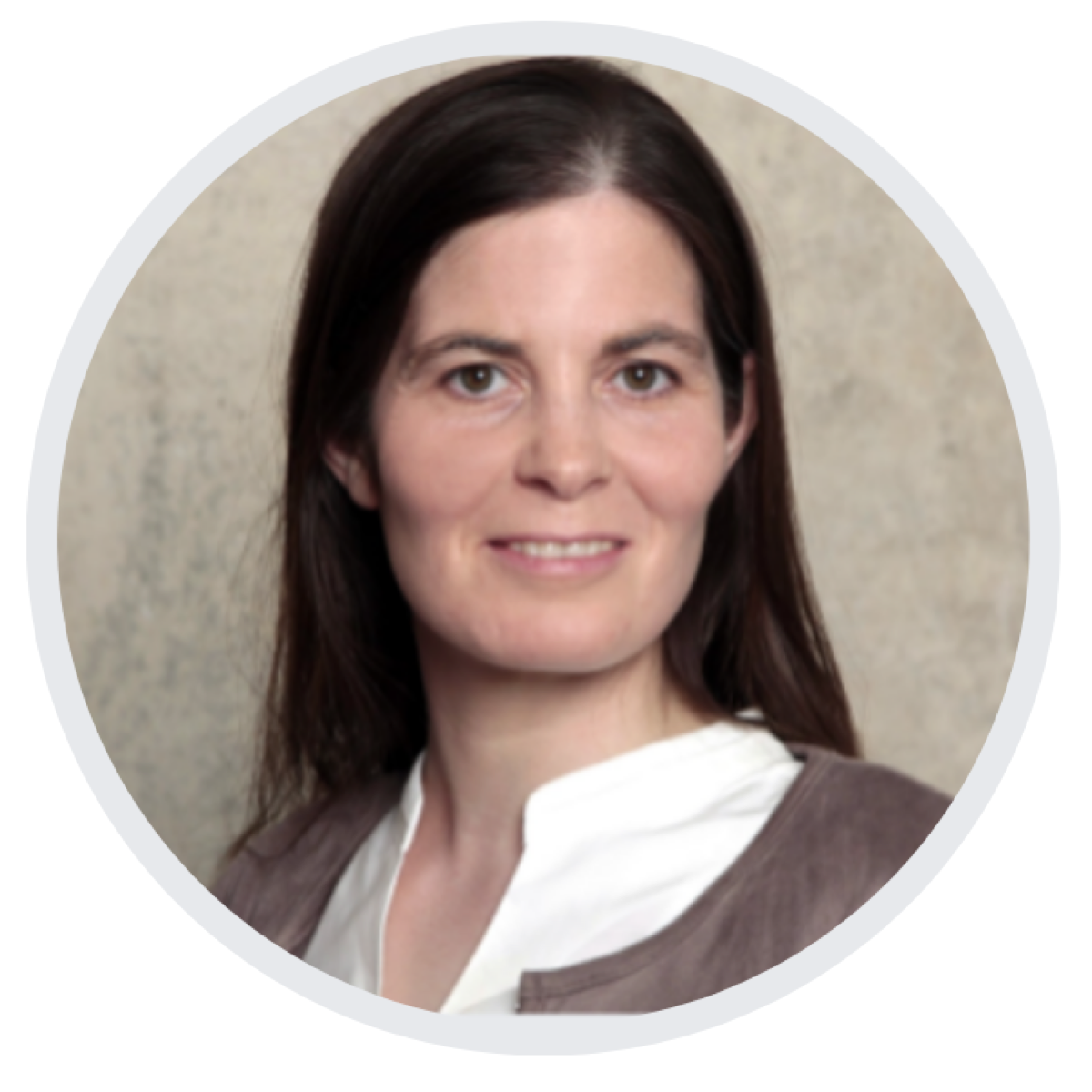
Carolin Fraude is an educationalist working on the RIFS project "Transformative Spaces and Mindsets” since 2018. She initiated the development of the “Co-Creative Reflection and Dialogue Space” for the UN Climate Change negotiations and designs, facilitates and researches dialogue formats in transnational climate related conferences.
Her guiding research interest addresses the question of how cultivating attitudes, such as awareness and compassion, can help make the transition to a sustainable society a reality. It also includes the question of how knowledge about climate change and commitment to the Sustainable Development Goals can lead to practical choices and actions.
Carolin studied educational science, sociology, psychology and philosophy at FU Berlin. In her diploma thesis, she dealt with youth participation and Dewey's understanding of democracy and education. In this and her later educational work in the EU projects of the VHS Hamburg, her interest had been in transformative learning arrangements. Since 1998, Carolin has been practising and teaching meditation and other reflective practices designed to consciously change one's own consciousness, attitudes and behaviours.
As part of her volunteering work, Carolin has been actively involved in the processes of the UN climate negotiations since 2015 and the Commission on the Status of Women since 2013.
Can you summarize the highlights of your research and its significance?
Transdisciplinary research, distinct from interdisciplinary or disciplinary research, combines diverse academic knowledge bases and incorporates various forms of knowledge beyond traditional academia. This approach is critical in understanding and guiding transformational processes. My work focuses on the “inner dimension” of transformation in sustainability, emphasizing aspects like worldviews, attitudes, beliefs and value systems, which have been previously overlooked (Wamsler et al., 2020).
Based on your experiences, what inner attitudes are essential for effective negotiation and decision-making in environmental contexts?
Key skills include the ability to step back and reflect, question one’s worldview and connect authentically with others. Trust, authenticity and genuine human connection lay the foundation for co-thinking and co-creating in environmental work. Initiating relational transformation requires approaches and a process design focused on how we relate to others and the outer world. (Fraude et al., 2021).
What prevents us from cultivating qualities like trust and authenticity in decision-making processes?
The dominant cultural norms and communication styles in multilateral negotiations are deeply ingrained in paradigms that promote working in silos. Challenging and changing these norms requires courage and vulnerability. When individuals embrace these, it encourages others to open up, fostering a more authentic and effective dialogue.
Image captions
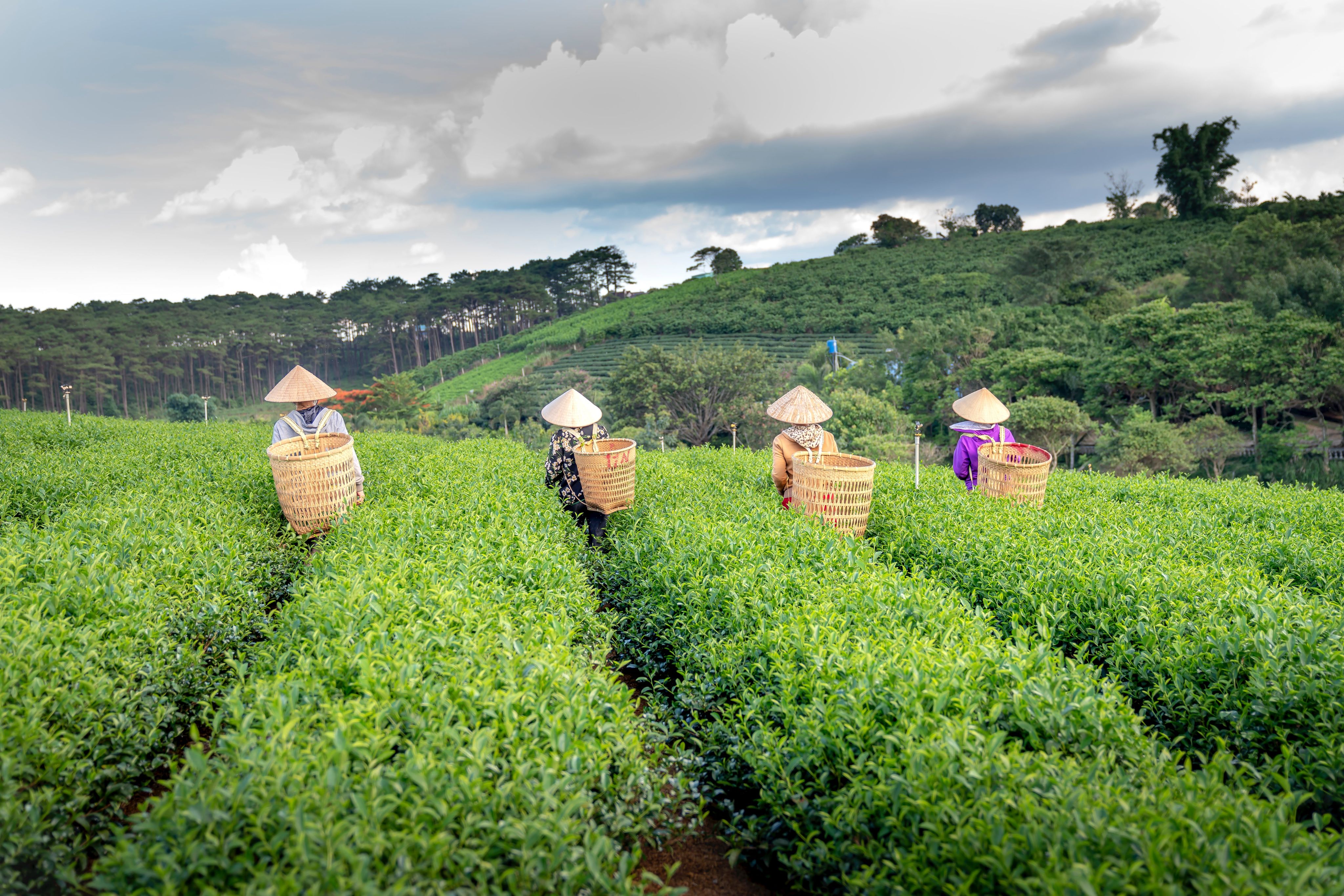 Image 1
Image 1Photo by Quang Nguyen Vinh on Pexels

Photo by Quang Nguyen Vinh on Pexels
Photo by Quang Nguyen Vinh on Pexels

Photo by Quang Nguyen Vinh on Pexels
Photo by Quang Nguyen Vinh on Pexels
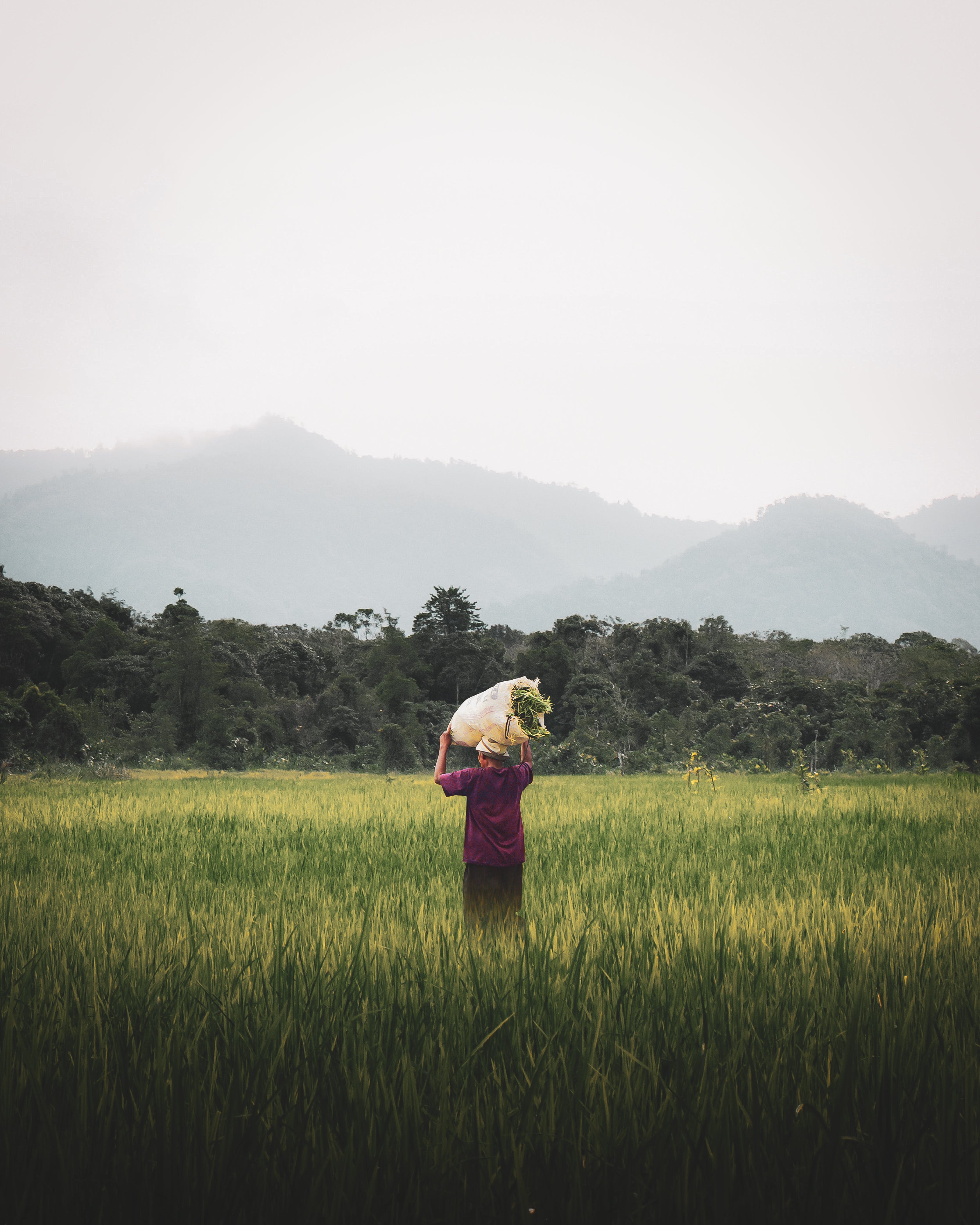
Photo by Pat Whelen on Pexels
Photo by Pat Whelen on Pexels
Can you summarize the highlights of your research and its significance?
Transdisciplinary research, distinct from interdisciplinary or disciplinary research, combines diverse academic knowledge bases and incorporates various forms of knowledge beyond traditional academia. This approach is critical in understanding and guiding transformational processes. My work focuses on the “inner dimension” of transformation in sustainability, emphasizing aspects like worldviews, attitudes, beliefs and value systems, which have been previously overlooked (Wamsler et al., 2020).

Photo by Quang Nguyen Vinh on Pexels
Based on your experiences, what inner attitudes are essential for effective negotiation and decision-making in environmental contexts?
Key skills include the ability to step back and reflect, question one’s worldview and connect authentically with others. Trust, authenticity and genuine human connection lay the foundation for co-thinking and co-creating in environmental work. Initiating relational transformation requires approaches and a process design focused on how we relate to others and the outer world. (Fraude et al., 2021).

Photo by Pat Whelen on Pexels
What prevents us from cultivating qualities like trust and authenticity in decision-making processes?
The dominant cultural norms and communication styles in multilateral negotiations are deeply ingrained in paradigms that promote working in silos. Challenging and changing these norms requires courage and vulnerability. When individuals embrace these, it encourages others to open up, fostering a more authentic and effective dialogue.
Have you observed the move into the transformative approach within the biodiversity arena?
Yes, we are seeing a positive trend with more organizations adopting and experimenting with new communication methods. The Intergovernmental Science-Policy Platform on Biodiversity and Ecosystem Services (IPBES) pioneers in this space by recognizing and respecting the contributions of Indigenous and local knowledge to the conservation and sustainable use of biodiversity. Our future focus is to partner with like-minded organizations, combining our capacities and resources to amplify our impact.
In general, there is a growing trend of organizations trying different approaches to communication at the Conferences of the Parties held under the United Nations Framework Convention on Climate Change (UNFCCC). Our Co-Creative Reflection Dialogue space, initiated in 2019, was very much inspired by the perceived need to change the communication culture. These efforts demonstrate a shift towards more inclusive and engaging formats, facilitating better conversations and outcomes (Mar et al. 2023).
Are you interested in Carolin’s research? Check out her work at the Research Institute for Sustainability – Helmholtz Centre Potsdam (RIFS) as part of the research group, Transformative Spaces and Mindsets, and read her latest blog article on UNFCCC COP28 in Dubai.

